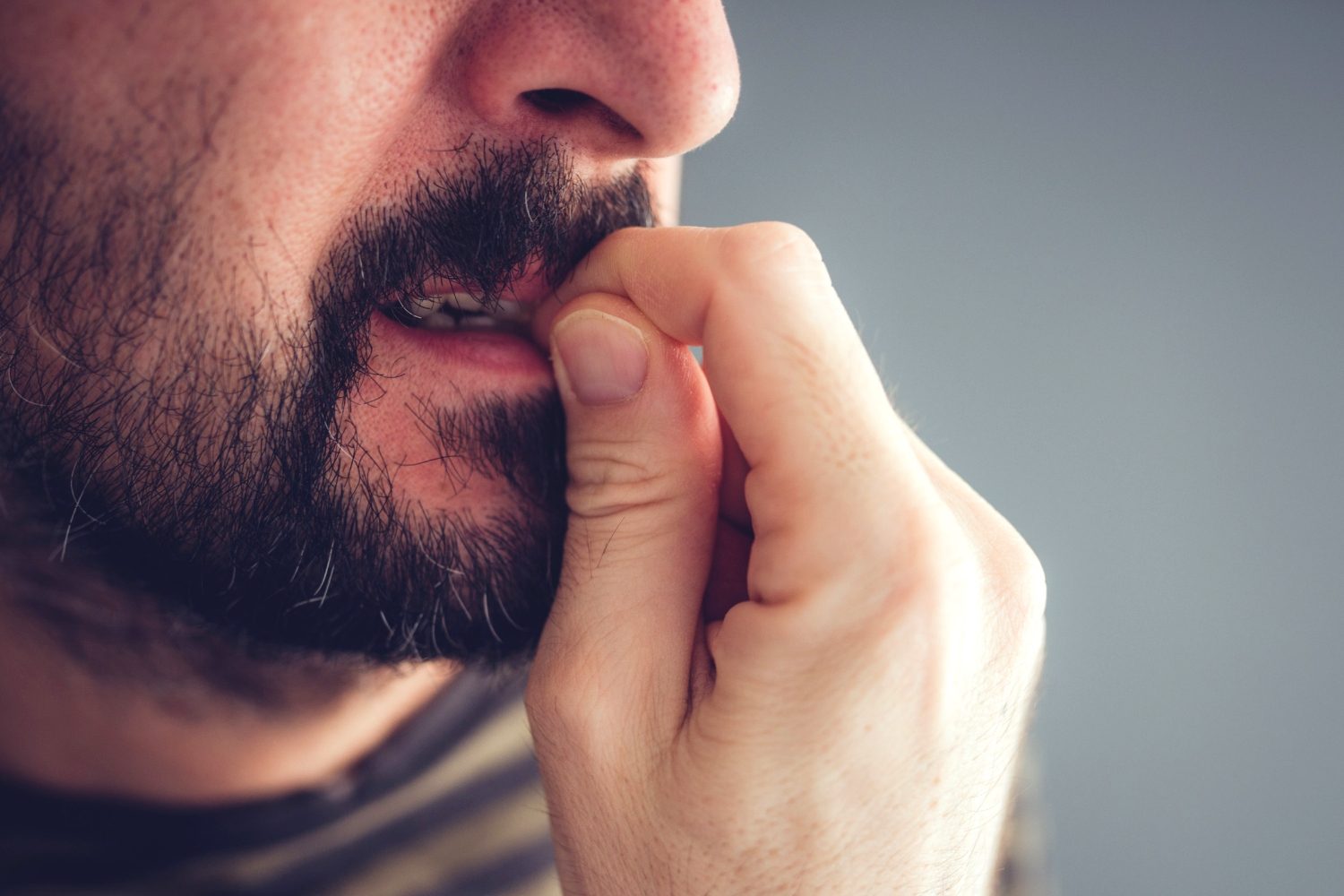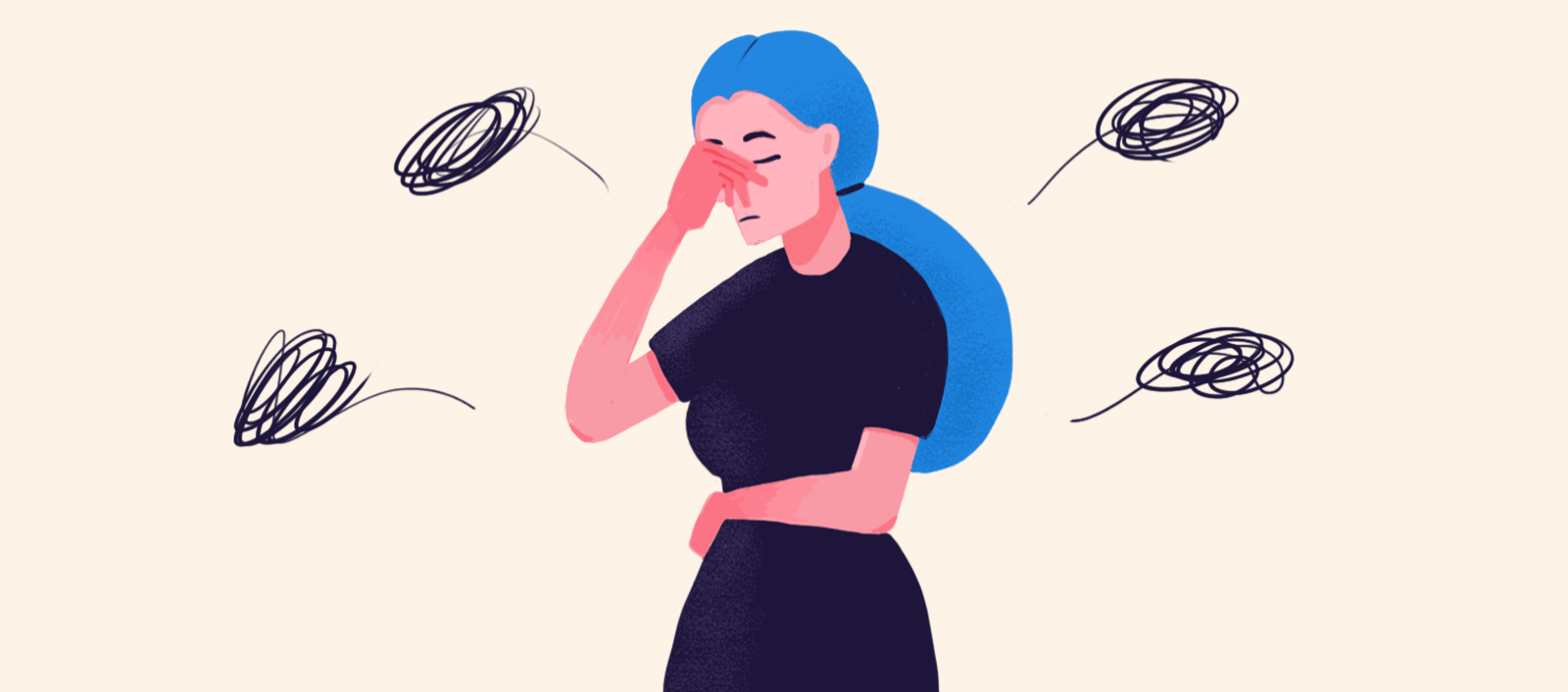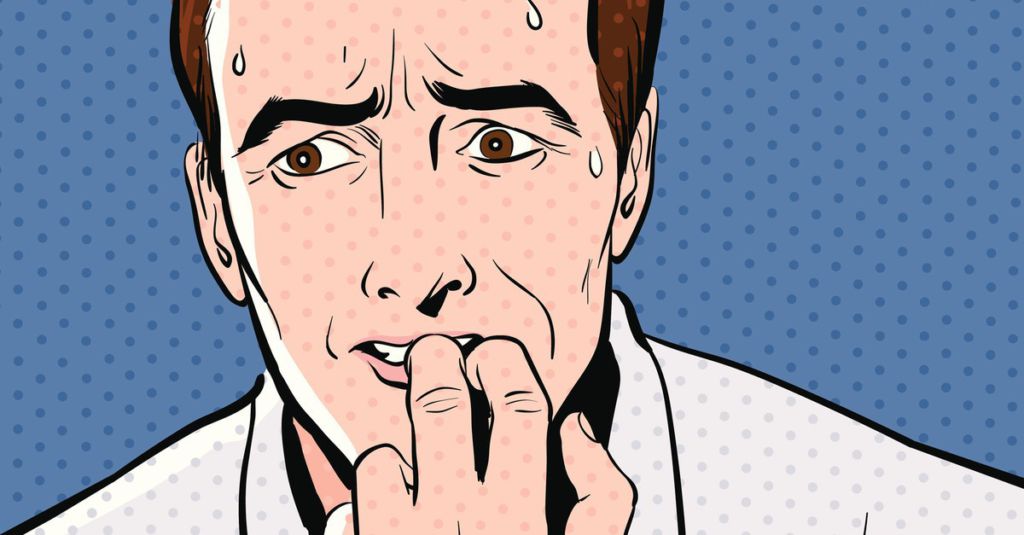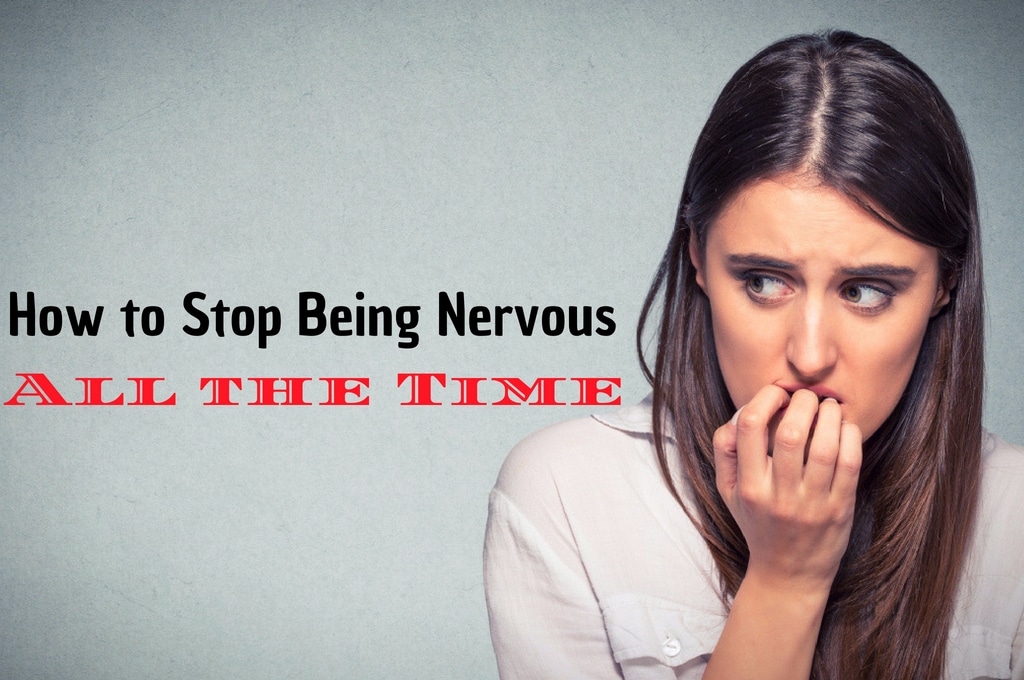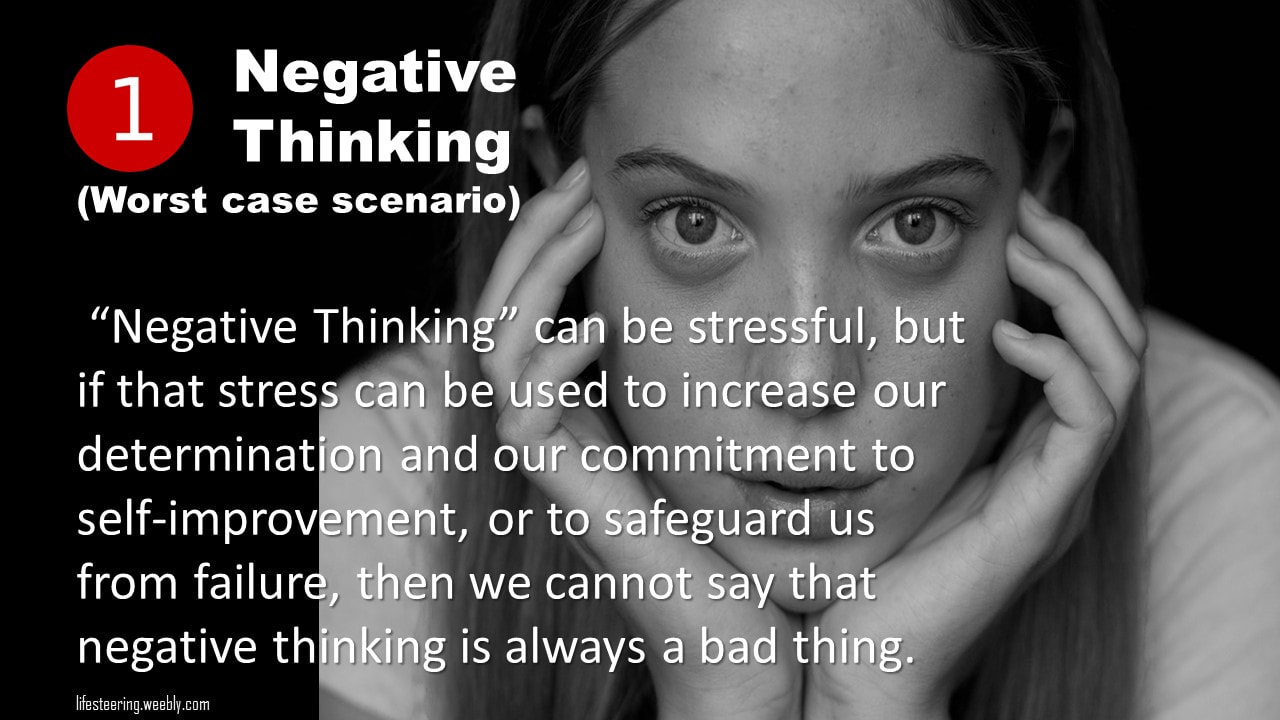Unique Tips About How To Tell If Someone Is Nervous

Common anxiety signs and symptoms include:
How to tell if someone is nervous. Explain to your friend having a mental breakdown how you can help based on your decisions in step 1. This kicks off effects throughout the body, such as: Allow the person to do the work themselves.
Shaky hands and body tremors can come and go in waves or they can be relatively. Feeling sick, dizzy or fainting.
Sweating and hot flashes. If someone seems constantly anxious or on. Some signals of body tension include raised shoulders, clenched fists, locked knees, and a stiff jaw.
According to polyvagal theory, our bodies react to signs of safety or warning coming from other people’s eyes, voices, faces, and gestures. Nervous people also tend to blink more often than normal. Pregnancy, birth and baby (advice from maternal child health nurses) on 1800 882 436;
It can be tempting to want to swoop in and save the day when someone else is nervous, especially if it's a close. Developing rashes or itchy skin. Usually, nervous persons have dry mouths.
If you, or someone you know, needs help: How to recognize and treat the symptoms of a nervous breakdown symptoms and signs. Here are some of the signs and symptoms to watch out for:
Excessive worrying is the biggest indicator of an anxiety disorder. Sudden weight gain or weight loss. Nervous reactions can actually enhance the chances of.
Ask yourself whether the person seems to worry a lot. Feeling nervous, restless or tense having a sense of impending danger, panic or doom having an increased heart. For more information about symptoms, read.
The sensations participants reported most frequently included staring, heart rate, increased attentiveness, smiling, , and having trouble concentrating. September 12, 2021reviewed by tyler woods. Which is where the vagus nerve, the rock star of your nervous system, comes in.
How polyvagal theory works. Sometimes the term nervous breakdown is used to refer to somebody who is experiencing mental illness, such as anxiety, depression, phobic reactions or even a. Originating directly from the brain stem and branching down each side of the neck.






